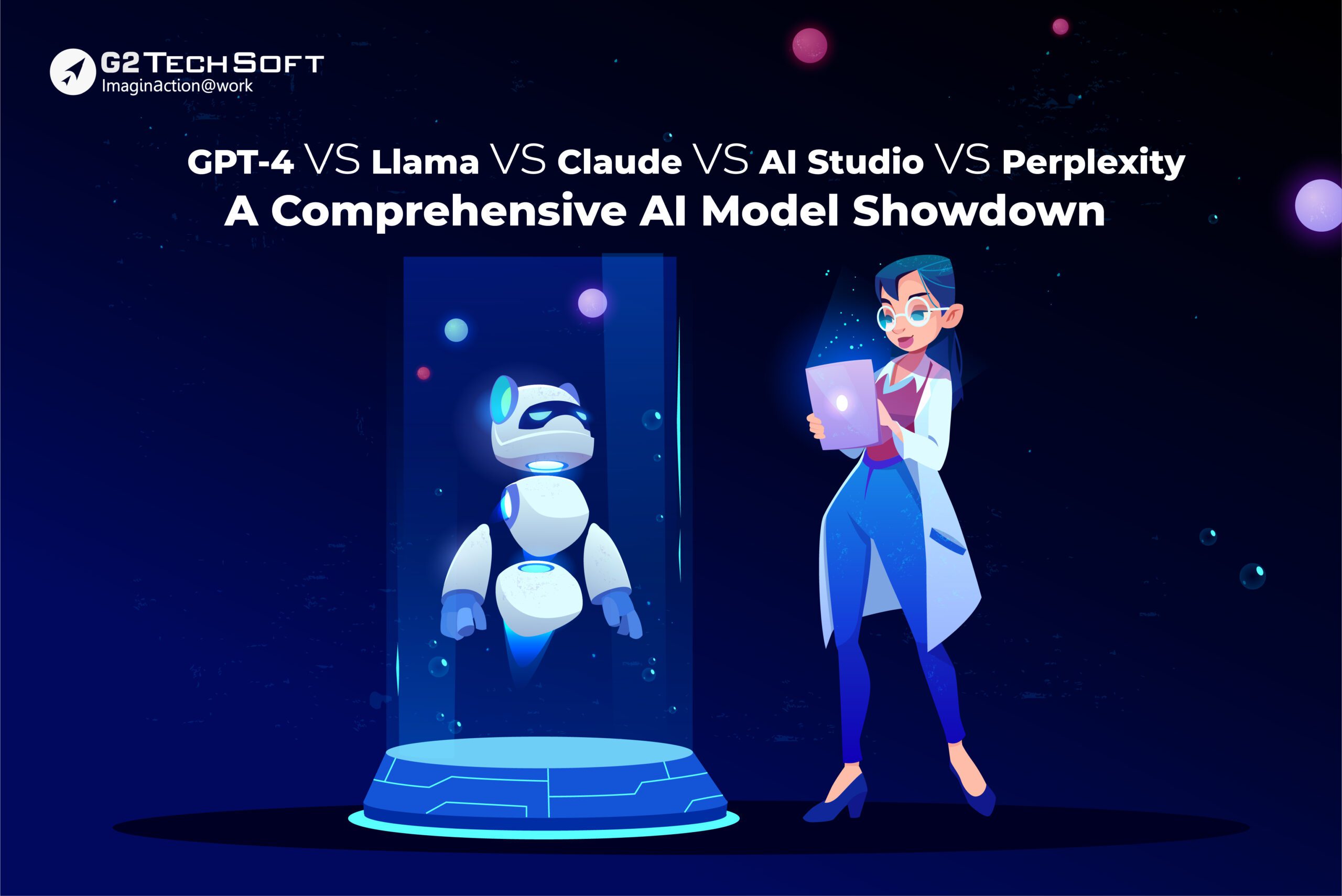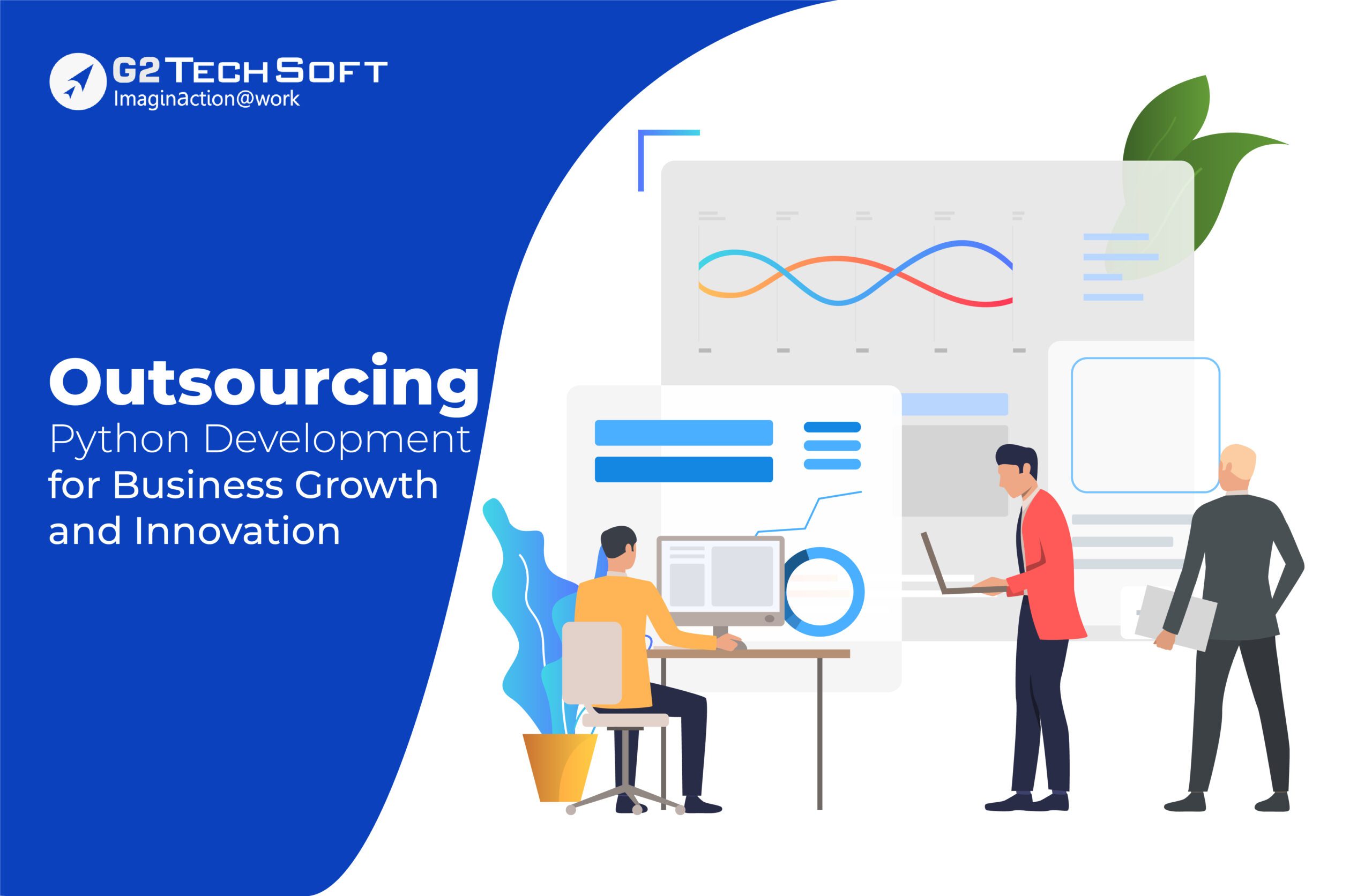
Advantages of Adopting AI in Test Automation for Optimal Performance
Artificial Intelligence (AI) has numerous benefits for automation testing. One of the most significant advantages is that AI can help automate the testing process, making it faster and more efficient. AI-driven solutions can learn and adapt quickly to changes in the environment, making the testing process more effective. Additionally, AI can help improve testing accuracy, reducing the chance of errors and improving the overall quality of the testing process. Another advantage is that AI can be used for cloud testing, allowing testing to be done remotely, and saving time and money.
Overall, AI tests can be a powerful tool in automation testing, helping companies to improve their testing processes and produce better quality software. With AI at the helm, system data analysis becomes a breeze, allowing for creating performance test models that align with system behavior. It has a profound impact on API and application testing, providing developers with the gift of identifying errors in the code, boosting code quality, and accelerating the pace of change implementation while ensuring existing behavior remains intact. The transformative influence of AI in test automation cannot be overstated, as it allows for optimal performance and creates a dynamic and innovative software ecosystem.
What AI Can Do in Software Automation Testing
AI testing can automate tasks that humans can repeatedly do without getting tired. It is instrumental in software testing, where regression testing can become very time-consuming and resource-intensive. With machine learning algorithms, AI testing can detect changes in the UI and adapt to them by recognizing and recovering from them instead of failing. AI testing can adapt to UI changes and complete testing successfully.
Another advantage of AI testing is that it can signal discovered changes to QA managers, allowing them to make more informed data-driven decisions. This helps to improve the overall testing process by identifying areas for improvement and highlighting potential issues. By providing QA managers with accurate and detailed information, they can make better decisions about the software development process and ensure that any changes are thoroughly tested before they are released to users. Overall, the combination of AI and machine learning in testing provides a powerful tool for software developers and testers, allowing them to automate repetitive tasks, adapt to changes, and make data-driven decisions.
Furthermore, AI-driven automated software testing solutions can learn and adapt quickly to changes in the environment, especially when it comes to AI and ML adaption in test automation. These technologies use algorithms that can continuously learn and improve based on new data, allowing them to adjust to changes in the software development environment. As a result, AI-driven solutions can identify and fix issues faster than traditional manual testing methods, making the testing process more efficient and effective. Additionally, AI can help automate repetitive tasks, allowing teams to focus on more complex and critical aspects of testing. Overall, AI’s adaptability and learning capabilities make it a valuable tool for test automation.
5 Benefits of AI in Automation Testing
AI in automation testing brings several benefits, making it a game-changer in the software testing industry. Here are five of the most significant benefits:
- Improved Efficiency: AI-based automation testing helps increase testing speed and accuracy, reducing the time and effort required to conduct tests. With AI, tests can be run quickly and accurately, so software development teams can complete projects faster. It is essential in today’s fast-paced business environment, where speed and agility are critical to success.
- Enhanced Test Maintenance: AI helps improve the maintenance of test cases by making them more resilient, eliminating the need for manual updates to the code. With AI, test cases can be automatically adjusted, and the process becomes more efficient, freeing up valuable resources for other essential tasks. This means that software development teams can focus on more complex tasks, such as developing new features and improving existing ones.
- Improved Test Coverage: AI in automation testing allows for better test coverage, ensuring that all possible scenarios and edge cases are tested. AI algorithms can detect patterns and predict the outcomes of different test cases, which helps testers identify and address issues that may have been missed through manual testing. It helps ensure that software is more reliable and less likely to contain errors or bugs.
- Cost Savings: With AI in automation testing, software development teams can save significant amounts of money on testing, as it reduces the need for human testers. Automated testing is also faster and more efficient than manual testing, reducing the overall cost of testing and development. Software development teams can allocate more resources to other vital areas, such as product development, marketing, and customer support.
- Speedier Testing: AI-based automation testing can generate unit tests quickly, even for large existing codebases. The speed of testing means that development teams can test more frequently and make changes more quickly, leading to faster deployment and a shorter time to market. This helps software development teams stay competitive and respond quickly to changing market conditions.
Revolutionizing AI: How Machine Learning is Supercharging Intelligent Systems
Unit testing is an essential part of software development that involves testing individual code components or units to ensure they function correctly. However, creating and maintaining unit tests can be time-consuming and laborious, especially for large codebases.
To address this challenge, Artificial Intelligence (AI) is being used to automate the process of unit test generation and parameterization. This approach uses algorithms and machine learning techniques to automatically analyze the codebase and automatically generate test cases.
Using Machine Learning to Self-Heal the Execution of Selenium Tests
By automating this process, developers can save time and effort and improve the efficiency and accuracy of their testing. Additionally, AI can help improve test coverage by identifying edge cases and potential bugs that may have been missed through manual testing.
To ensure a product is thoroughly tested before its release, validating the UI layer is critical to the testing strategy. The Selenium framework is commonly used for UI testing but has some challenges associated with maintainability and stability. AI technologies, particularly machine learning, can provide self-healing at runtime to address these challenges. Parasoft Selenic offers this functionality by “learning” about the internal data structure during the execution of Selenium tests. The Selenic engine monitors each run and captures detailed information about the web UI content of the application under test. It extracts DOM elements, their attributes, locators, and other relevant details and correlates them with actions performed by UI-driven tests.
One example of using AI in automation testing is a software testing solution for Java developers that includes static analysis, unit testing, coverage, and traceability.
Changing the Paradigm of Regression Testing With AI
Maintaining Regression tests can be daunting, especially when dealing with frequent changes in UI and functionality or with a large-scale project. The process can become increasingly time-consuming and resource-intensive, resulting in longer testing cycles and software development life cycle delays.
With current web UI technology, identifiers such as ‘id’ and ‘class’ attributes are often subject to change in design and function. Such changes often result in test scripts breaking, which can cause significant challenges for the DevOps team. Manual human intervention may not always be feasible, and this can lead to costly delays in the testing process. However, AI in automation testing and automation testing strategies are increasingly becoming indispensable tools for software testing, providing solutions to these challenges and transforming the software testing landscape.
Conclusion
Artificial Intelligence (AI) has transformed the software industry, and testing is no exception. Although automated software testing tools can be very helpful in creating and executing tests on a large scale, they are still vulnerable to maintenance and flakiness issues.
The solution to this problem lies in integrating AI and Machine Learning (ML) into testing. AI can improve test stability, minimize flakiness, reduce test maintenance efforts, and facilitate faster feedback loops.
Companies with limited in-house testing expertise can leverage the benefits of AI in test automation services by collaborating with established and proven AI testing companies such as G2 TechSoft. This partnership can significantly reduce time-to-market, helping companies stay ahead of the competition.




